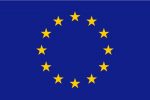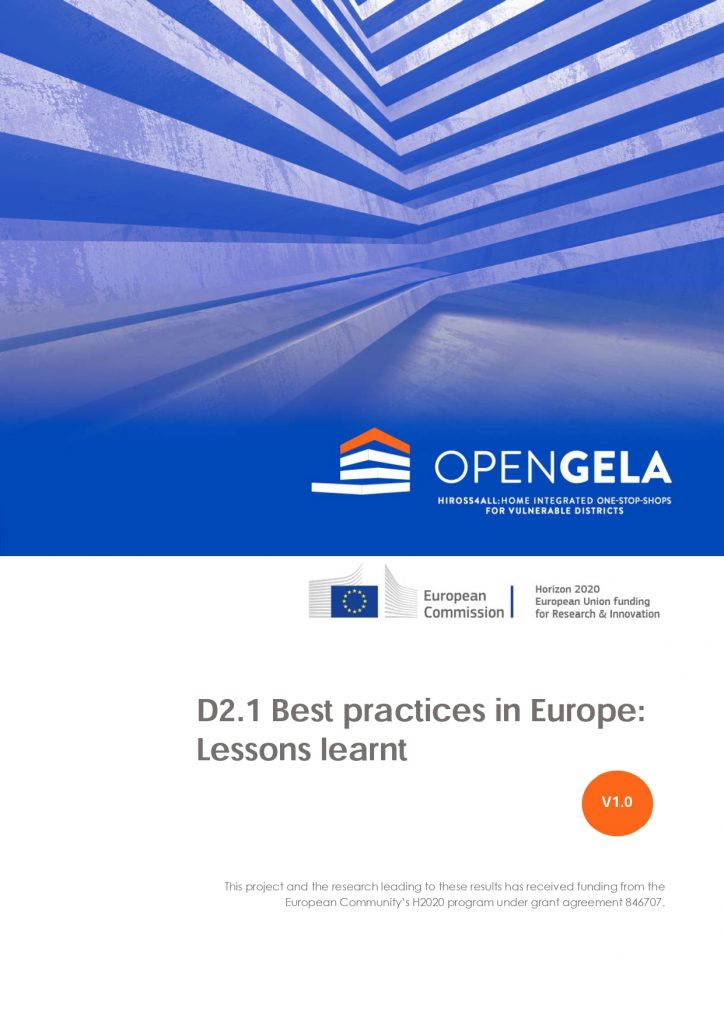Since its launch in 2019, the Opengela urban regeneration project has among its priorities the exchange of information and good practices with other similar experiences that are implementing One-Stop-Shops (OSS) in Europe.
To date, there have been exchanges with four initiatives in three European countries: Tipperary Energy Agency (Ireland), Île-de-France Énergies and Picardie PASS-Amiens (France), Sharing Cities-Milan (Italy) and Renobooster-Vienna (Austria). In addition, Opengela is in close contact with two other initiatives due to their geographical and operational proximity: the AGREE project, led by the Department of Territorial Planning, Housing and Transport of the Basque Government, and the INNOVATE project. All this work is included in the document ‘Best practices in Europe: lessons learned’, which details the contacts made and the conclusions reached.
The first visit was made to the Tipperary Energy Agency in Ireland, where Opengela offered its experience as a project in the initial phase of physical OSS, as well as a perspective of local action to complement the example of the Irish agency as a virtual office. Following this first meeting, two other visits were organised to leading projects in Europe, namely in France, regarding the development of district offices: Picardie-PASS and Île-de-France Énergies,
The pandemic that broke out in March 2020 paralysed the visit plans that had been advanced with the two SSOs identified as strategic to complete the European Peer-to-Peer activity: the Sharing Cities project (Milan) and Renobooster (Vienna).
In order to continue contacts, Opengela organised on 12 May 2020 the webinar ‘Post Covid-19 urban regeneration: one-stop-shops for a fair, green and social regeneration’, with the participation of five other international OSS projects: Sharing Cities (Milan, Italy), EuroPACE (Spain), RenoBooster (Vienna, Austria), SuperHomes (Ireland) and Orfée (France).
The event, moderated by representatives of EASME – the European Commission’s Agency for Small and Medium-sized Enterprises – was followed by more than 180 participants from 26 countries and 4 continents, and aimed to foster a collective brainstorming on how to address the situation caused by the Covid-19 crisis in local urban regeneration projects.


